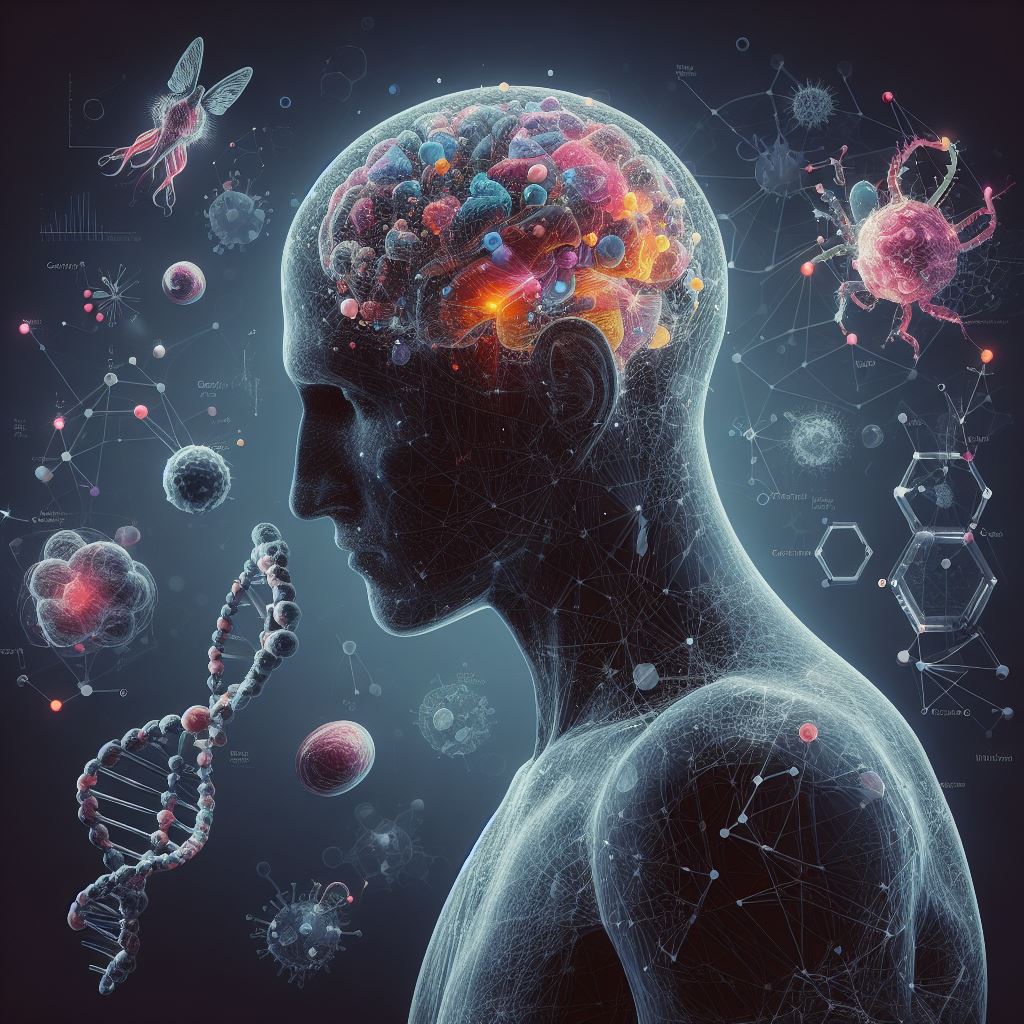Cancer is a formidable disease that affects millions of people around the world. It is characterized by uncontrolled and abnormal growth of cells in the body, which can lead to the formation of malignant tumors.
In this article, we will explore different aspects of cancer in detail, including its causes, types, symptoms, diagnostic methods, and treatment options.
1. The origins of cancer:
Cancer’s origins vary, involving genetic factors, spontaneous DNA mutations, environmental exposures (smoking, radiation, toxic chemicals), and specific viruses or infections. These factors can damage the DNA of cells, causing irregular changes and uncontrolled cell division characteristic of cancer.
2. Different Types of Cancer:
Cancer can develop in different parts of the body and is classified according to the type of organ or cell of origin. Some of the most common types of cancer include breast cancer, lung cancer, skin cancer, colorectal cancer, prostate cancer, and blood cancer (leukemia). Each type of cancer has its own characteristics, symptoms, growth rate, and treatment options.
3. Symptoms and signs of cancer:
Symptoms of cancer can vary depending on the type and stage of the disease. However, some common signs may include unexplained weight loss, persistent fatigue, body pain, changes in appetite, abnormal skin changes, abnormal bleeding, swollen lymph nodes, voice changes, etc.
It is important to note that these symptoms can also be due to other conditions, but it is essential to consult a doctor to determine the exact cause.
4. Diagnostic methods:
Early diagnosis of cancer is crucial to increase the chances of successful treatment. Diagnostic methods include tests such as physical exams, blood tests, medical imaging (x-rays, ultrasounds, CT scans, etc.), biopsy (taking a tissue sample for analysis), and tests genetics to assess your risk of developing certain types of cancer.
5. Treatment Options:
Cancer treatment options depend on the type and stage of the disease, as well as the patient’s overall health.
Common treatments include surgery (removal of the tumor), radiotherapy (which uses radiation to destroy cancer cells), chemotherapy (which uses anticancer drugs), immunotherapy (which stimulates the immune system to fight cancer ), and targeted therapies (drugs that specifically target cancer). target tumor cells). Complementary treatments, such as nutritional therapy and alternative medicines, can also be used to support the patient.
Conclusion:
Cancer is a complex disease that requires an in-depth understanding of its different facets for adequate management. By understanding the causes, types, symptoms, diagnostic methods, and treatment options of cancer, you can increase your chances of prevention, early diagnosis, and cure.
Continued research and medical advancements aim to improve treatments and offer hope to everyone affected by this devastating disease.

